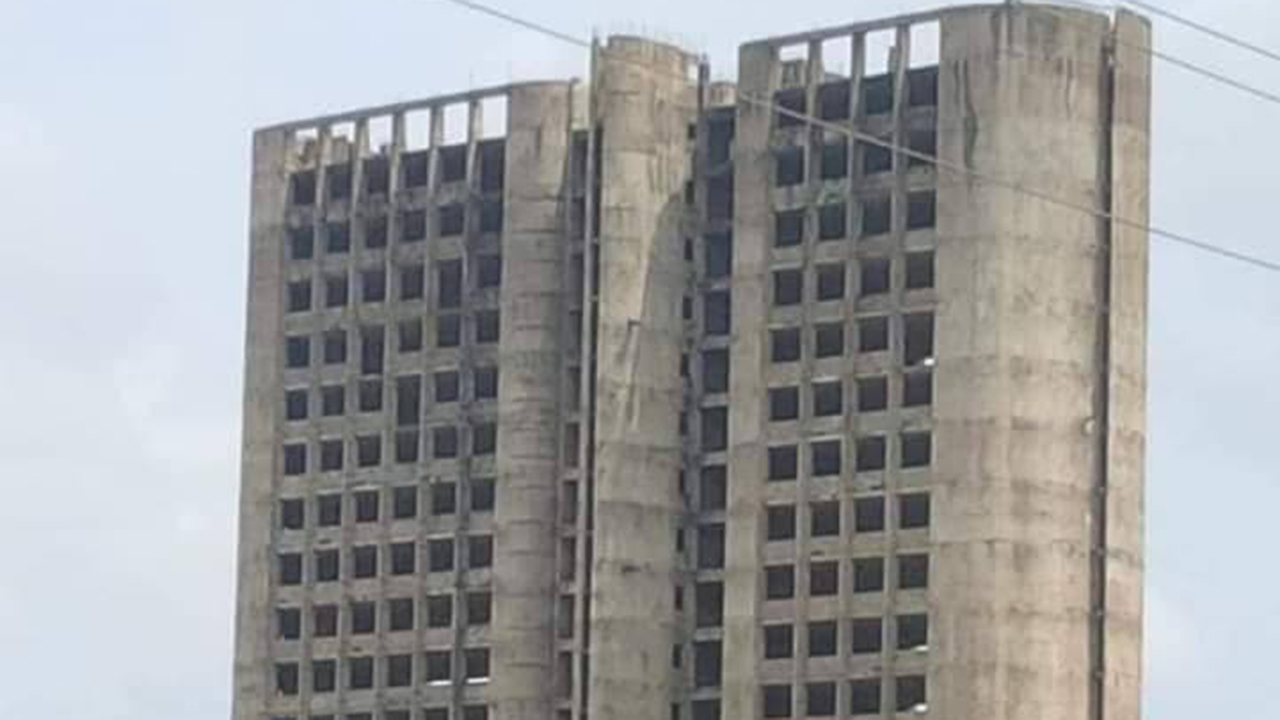
How Underfunding in 2025 Housing Budget May Deepen Nigeria’s Housing Crisis
Hope for improved housing supply in Nigeria may remain unfulfilled, as the 2025 fiscal budget allocation for the sector falls far short of addressing the nation’s massive housing deficit. Despite Nigeria's record-high N49.74 trillion budget, experts say the allocation for housing remains grossly inadequate.
The country needs to construct 550,000 housing units annually over the next decade to close its estimated 22 million housing deficit, requiring approximately N5.5 trillion annually. However, the federal government and private sector collectively deliver only 50,000 units annually. For 2025, the Ministry of Housing and Urban Development received N98.13 billion, with just N88.14 billion earmarked for capital projects, including the construction of 20,000 housing units under the Renewed Hope Agenda housing scheme.
Renewed Hope Agenda and Budget Shortfalls
The Renewed Hope Agenda project, which began by building 13,612 housing units across 12 states, aims to add 6,388 more units in 2025 to reach its 20,000-unit goal. States benefiting from these projects include Yobe, Gombe, Nasarawa, Benue, Sokoto, Katsina, Abia, Ebonyi, Delta, and Akwa Ibom. Larger urban projects, such as Renewed Hope Cities, are also being developed in Lagos, Kano, and Abuja, with additional plans for Enugu, Borno, Rivers, and Nasarawa.
While the 2025 budget allocation appears significant, it marks a reduction from the previous year’s capital allocation of N96.99 billion. Experts are concerned that such limited funding is insufficient, particularly as housing construction costs continue to rise.
Minister of Housing and Urban Development Ahmed Dangiwa had previously advocated for an annual housing budget of N500 billion, stating that the current N50 billion yearly allocation is inadequate compared to the N5.5 trillion needed to address the housing crisis. His appeal was not reflected in the final budget.
Calls for Increased Funding and Transparency
Experts have raised alarms about the underfunding of the sector. Mr. Sola Enitan, Chief Responsibility Officer of the Cromwell Centre for Research in Housing and Urban Development, has urged the government to allocate at least N1 trillion annually for housing to address the deficit, create jobs, and drive economic growth. He emphasized the need for transparency, independent audits, and public-private partnerships to ensure the funds are effectively utilized.
Mr. Ayo Ibaru, CEO of Northcourt Real Estate, called the allocation for 20,000 housing units insufficient but noted it provides a benchmark for tracking progress. He suggested that alternative funding sources, including foreign investments and partnerships, must be explored to close existing gaps.
Economic Implications of Housing Investment
Housing construction is recognized globally as a driver of economic growth, creating jobs across multiple sectors and industries. Experts point to successful housing policies in Brazil, Kenya, South Korea, and Singapore, which have significantly reduced housing deficits and contributed to GDP growth. Nigeria, they argue, should emulate these models to stimulate economic activity and improve living standards.
For example, Brazil’s "Minha Casa, Minha Vida" (My House, My Life) program has delivered over 4.5 million housing units, while Kenya’s housing sector contributed 6.3% to GDP in 2016. Similar initiatives in South Korea and Singapore have fueled economic development and enhanced social equity.
Challenges in Housing Policy Implementation
Stakeholders highlighted poor implementation and the lack of transparency as persistent challenges. Dr. Garba Ombugadu, a past chairman of the Nigerian Society of Engineers (NSE), criticized the government’s inconsistent housing policies and budget execution, noting that only 40% of the 2024 capital allocation was implemented. He called for mechanisms to ensure housing projects reach those who genuinely need them.
Ombugadu and others also emphasized the importance of reducing the cost of housing construction through measures such as tax relief for local building material suppliers and reviving the mortgage sub-sector. Olujide Oke, a past chairman of the Nigerian Institute of Quantity Surveyors, recommended the establishment of a dedicated construction bank with a N250 billion seed fund to support the housing industry.
Conclusion
As housing experts and stakeholders urge the government to prioritize the sector with increased funding and transparency, they warn that failing could worsen Nigeria's housing crisis. Without significant investments and policy reforms, the dream of providing affordable housing to millions of Nigerians remains out of reach. A well-funded housing ministry, they argue, is critical for driving economic growth, reducing poverty, and fostering sustainable urban development.
Similar Topics
The Lagos State Government has commenced the demolition of illegal structures within the Lekki Free...
a month ago Read MoreNigeria’s recently enacted Tax Act of 2025 (NTA 2025), which becomes effective on January 1,...
a month ago Read MoreMember States of the United Nations Human Settlements Programme (UN-Habitat) have endorsed a new...
2 months ago Read MoreNigeria Enters a New Tax Era Come January 2026, Nigeria’s property market will experience a...
2 months ago Read MoreImproved Security and Diaspora Capital Drive Rebound The housing sector in Nigeria’s...
3 months ago Read MoreThe Lagos State Government has announced that night-time repair works will take place on Ozumba...
4 months ago Read MoreThe Federal Government has suspended all previously approved, pending, and prospective applications...
5 months ago Read MoreThe Federal Government has successfully mobilised more than N70 billion in private capital...
5 months ago Read MoreThe Lagos State Government, through the Lagos State Physical Planning Permit Authority (LASPPPA),...
7 months ago Read MoreThe Federal Government has expanded the Abuja-Kaduna-Kano Road project to incorporate a direct...
7 months ago Read MoreThe Federal Capital Territory Administration (FCTA) has taken possession of Wadata Plaza, the...
8 months ago Read MoreDefaulters on FCT ground rent now have 14 days grace to pay up what they owe the FCT Administration...
8 months ago Read MoreUnprofessional practices by estate agents in major cities are significantly influencing the spike...
8 months ago Read MoreA Real estate development firm, Lifecard International Investment Company, has revealed that many...
8 months ago Read MoreDespite a fall in investment volumes from the 2021 peak, there is an ongoing desire for property...
8 months ago Read MoreThe Lagos State government has advised the leadership of the Nigerian Institution of Estate...
8 months ago Read MoreReal estate market dynamics such as construction cost, land, finance, government policies and taxes...
8 months ago Read MoreEvent Set to Celebrate Managers Who Shape Careers and Drive Organizational Growth Business...
10 months ago Read MoreGlobal Leaders to Converge in Lagos for Landmark Event Driving Urban Innovation and...
10 months ago Read MoreIn a bold move to redefine affordable luxury housing, Nigerian real estate giant Gtext Holdings has...
10 months ago Read More
















